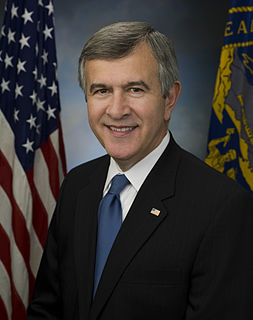A Quote by Zoe Lister-Jones
There are a lot of great organizations who are fighting for food and environmental safety in this country. The Environmental Working Group, Just Label It, Food Democracy Now, and the Center for Food Safety, to name a few.
Related Quotes
I would require every producer of food to follow and have enforced a standard safety plan. We know how to produce safe food. It has a horrible name; it's called HACCP - Hazard Analysis and Critical Control Point - and this was a food safety system that was developed for NASA so that astronauts wouldn't get sick in outer space. If you just think about what it might be like to have food poison under conditions of zero gravity, you don't even want to think about it.
Those of us who think about what we eat, how it's grown, those of us who care about the environmental impact of food - we've been educated by fabulous books, like Fast Food Nation and documentaries like Food Inc. But despite these and other great projects that shine a critical light on the topic, every year the food industry spends literally tens of millions of dollars to shape the public conversation about our food system.
Food is "everyday"-it has to be, or we would not survive for long. But food is never just something to eat. It is something to find or hunt or cultivate first of all; for most of human history we have spent a much longer portion of our lives worrying about food, and plotting, working, and fighting to obtain it, than we have in any other pursuit. As soon as we can count on a food supply (and so take food for granted), and not a moment sooner, we start to civilize ourselves.
Our early 21st century civilization is in trouble. We need not go beyond the world food economy to see this. Over the last few decades we have created a food production bubble-one based on environmental trends that cannot be sustained, including overpumping aquifers, overplowing land, and overloading the atmosphere with carbon dioxide.































